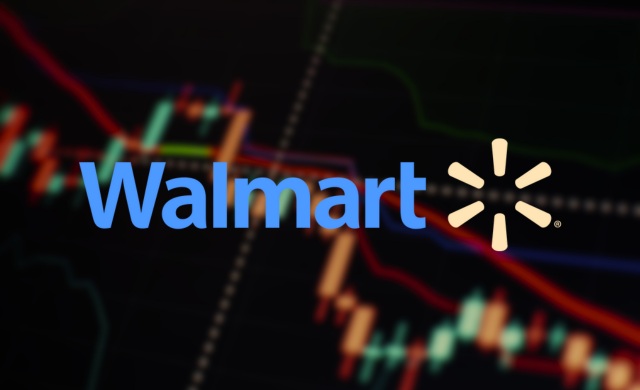
The Federal Trade Commission’s (FTC) attempt to halt Kroger’s massive $25 billion acquisition of Albertsons might inadvertently play into the hands of Walmart, a formidable competitor in the grocery sector. With a dominant 24% share of the U.S. grocery market in 2022, as reported by CFRA Research, Walmart’s strategy of maintaining low grocery prices is a significant draw for consumers to its extensive network of 4,700 U.S. stores.
Walmart’s influence is further amplified by its substantial buying power with key suppliers like Procter & Gamble and Conagra, making up a significant portion of their annual retail sales. The potential fallout from the FTC’s antitrust challenge against the Kroger-Albertsons merger could reinforce Walmart’s position, limiting the bargaining power of major consumer product companies.
Industry experts and investors view the FTC’s move as a boon for Walmart, allowing it to maintain its supremacy in the grocery sector without facing a more formidable consolidated competitor. The ongoing legal challenge could delay the merger by months, even as some remain hopeful for its eventual completion.
The concentration of market control among the top grocery chains has been a point of contention, with the National Grocers Association highlighting the competitive disadvantages faced by smaller retailers due to the negotiating leverage of giants like Walmart (NYSE:WMT) and Kroger (NYSE:KR).
Should the Kroger-Albertsons deal fall through, it could diversify the market for packaged food manufacturers by increasing the number of potential buyers. However, Walmart’s expansive store count and aggressive expansion plans, including opening and renovating hundreds of stores across the U.S., further solidify its competitive edge.
The merger’s uncertainty poses significant challenges for Albertsons, potentially leading to talent attrition and distracting from growth initiatives. Meanwhile, Walmart continues to attract a broader customer base, including higher-end shoppers, with its competitive pricing and convenient shopping options.
The blocked merger raises concerns among the involved parties that it would further empower retail giants like Amazon and Walmart, exacerbating the competitive imbalance in the grocery industry. As the legal proceedings unfold, the grocery market landscape could witness significant shifts, with Walmart poised to capitalize on the developments.

It looks like you are not logged in. Click the button below to log in and keep track of your recent history.